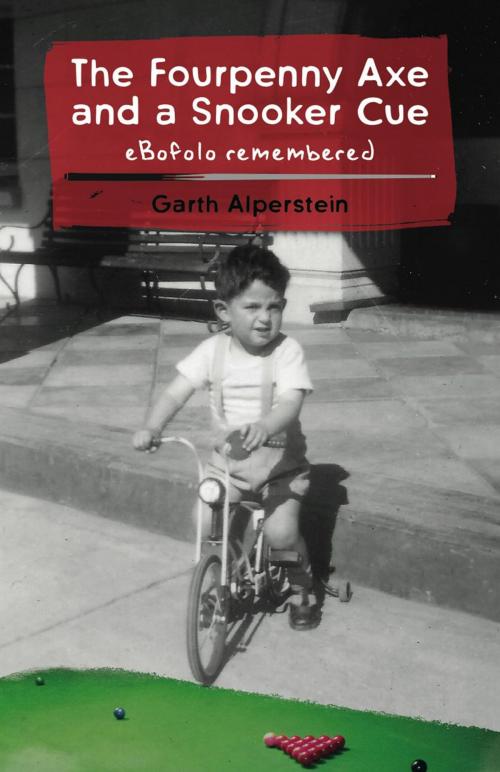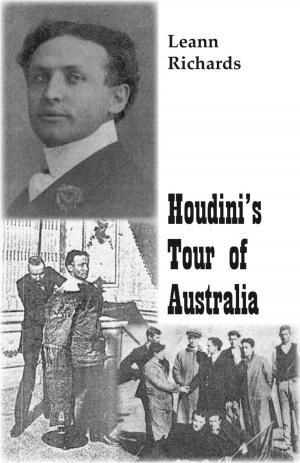| Author: | Garth Alperstein | ISBN: | 9781760410353 |
| Publisher: | Ginninderra Press | Publication: | October 15, 2015 |
| Imprint: | Ginninderra Press | Language: | English |
| Author: | Garth Alperstein |
| ISBN: | 9781760410353 |
| Publisher: | Ginninderra Press |
| Publication: | October 15, 2015 |
| Imprint: | Ginninderra Press |
| Language: | English |
This is a story about growing up in a small racist town in the Eastern Cape, South Africa, during the Apartheid years. The author is the oldest son of the town’s mayor, a publican. He grew up between the hotel, where he was exposed at an early age to much of the town’s less salubrious goings on, and a harsh boarding school experience. Garth relishes the simple language of a story told by cronies at the bar, where he served drinks to his father’s customers in his holidays from the tender age of twelve. But the stories, some of them fabulous and more amusing or poignant for being real, are not told with nostalgia for the past. Patiently, as he pieces together his own backstory, he sees that it is a tiny fragment overlaying a much larger picture. The clash of indigenous inhabitants with a southerly expansion of Bantu tribes and the newly arrived colonists is developed as a secondary storyline, told in small vivid vignettes which run through the memoir as threads of reason. Its scope is vast but its tone is frank and disarmingly personal
This is a story about growing up in a small racist town in the Eastern Cape, South Africa, during the Apartheid years. The author is the oldest son of the town’s mayor, a publican. He grew up between the hotel, where he was exposed at an early age to much of the town’s less salubrious goings on, and a harsh boarding school experience. Garth relishes the simple language of a story told by cronies at the bar, where he served drinks to his father’s customers in his holidays from the tender age of twelve. But the stories, some of them fabulous and more amusing or poignant for being real, are not told with nostalgia for the past. Patiently, as he pieces together his own backstory, he sees that it is a tiny fragment overlaying a much larger picture. The clash of indigenous inhabitants with a southerly expansion of Bantu tribes and the newly arrived colonists is developed as a secondary storyline, told in small vivid vignettes which run through the memoir as threads of reason. Its scope is vast but its tone is frank and disarmingly personal















